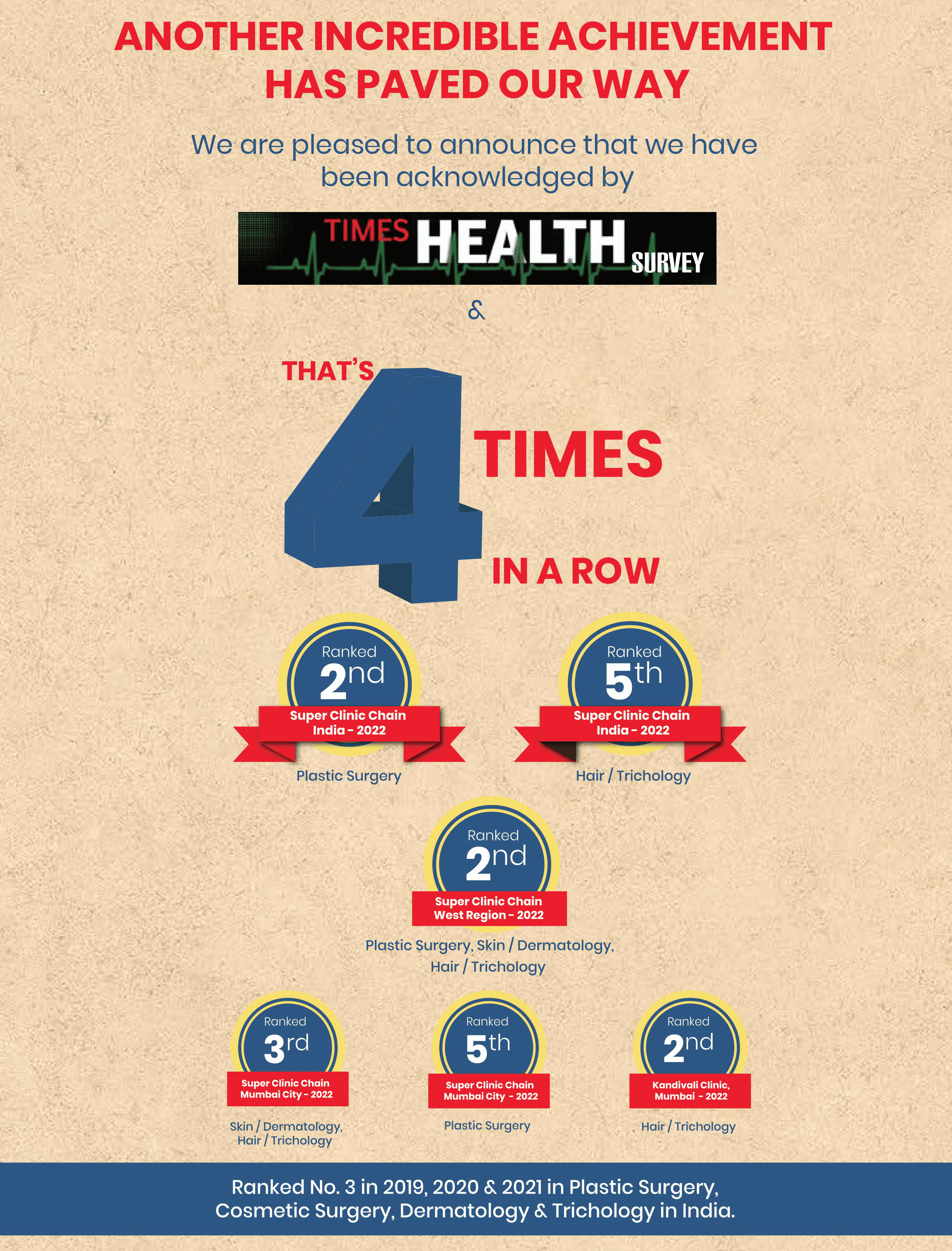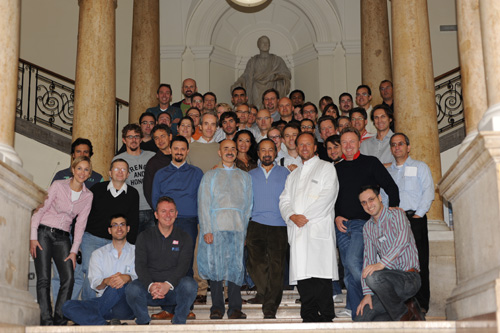Maskne' or acne caused by protective face masks rubbing against the skin have emerged as a real dermatological issue in the past few months.
Masks have become the new must-have fashion accessory—since it is mandatory to wear them in public, there is no reason they shouldn't be stylish and colourful as well. But even as we make our peace with mask-wearing and it becomes a part of our daily routine while stepping out, mask-wearers across the world report skin breakouts and acne along the mask line. So widespread is this dermatological phenomenon that it's even acquired a new portmanteau name—'maskne'.
Dr. Rinky Kapoor, dermatologist and founder at Mumbai-based Esthetics Clinic, says, “Wearing a mask for a long duration disturbs the skin’s natural balance and a kind of micro environment is formed between the mask and skin, trapping our breath and sweat that creates humidity, friction and heat. The skin is not able to breathe and it rebels in the form of allergies, irritation, contact dermatitis, dryness, folliculitis etc. These problems can be easily avoided and treated, though."
Dermatologists say friction from the mask can cause small tears on the skin and create a micro-environment for bacteria to thrive in, leading to acne. The technical name for this kind of acne is 'acne mechanica'.
Whether your skin breaks out or not depends on several factors like the weather and what kind of mask you are using. Most doctors advise the general population, who aren’t primary frontline workers, to use cotton masks which are washable. “Wearing masks such as the N-95 that aren’t washable, which end up being worn each time the user steps out, can cause skin issues. Also, not everybody knows how long they should wear a mask for, and that’s why cotton masks are a more common, viable solution," says Dr. Abhijit Desai, dermatologist and founder at Mumbai-based SkinSense Skin and Laser Clinic. “Check how the fabric has been dyed and avoid synthetic fabrics," he adds.
“The mask, of course, has to fit properly. Ensure that it isn’t too tight or too loose because then the purpose is defeated," says the dermatologist. It's also best to continue with your regular skincare regime: washing your face after you’ve come in from the outdoors and using your regular products meant for your type of skin, along with cleansing-toning-moisturizing routines.
"Use a good, oil-free, non-comedogenic moisturizer—preferably one that contains ceramides, glycerine , hyaluronic acid, Vitamin B3, and antioxidants— and put sunscreen on your face to keep the skin hydrated and reduce friction between skin and mask," says Dr Kapoor. She also recommends swapping makeup and exfoliators for gentle face cleansers, taking a break from serums and facial treatments. Non-comedogenic products prevent the pores from clogging thereby preventing acne, breakouts, and irritation on the skin. Ceramide containing creams help repair the protective layer of the skin, while hyaluronic acid helps increase the moisture in skin, and doctors recommend using products with these ingredients.
For friction on the nose bridge and irritation behind the ears due to elastic bands and redness of cheeks, she advises, “Put some moisturizer on the edges of the mask and behind the ears so that the mask does not rub on skin."
Article Source – https://www.livemint.com/mint-lounge/features/is-your-mask-making-your-skin-break-out-11594627604710.html


Dr. Debraj Shome is Director and Co founder of The Esthetic Clinics. He has been rated amongst the top surgeons in India by multiple agencies. The Esthetic Clinics patients include many international and national celebrities who prefer to opt for facial cosmetic surgery and facial plastic surgery in Mumbai because The Esthetic Clinics has its headquarters there.






